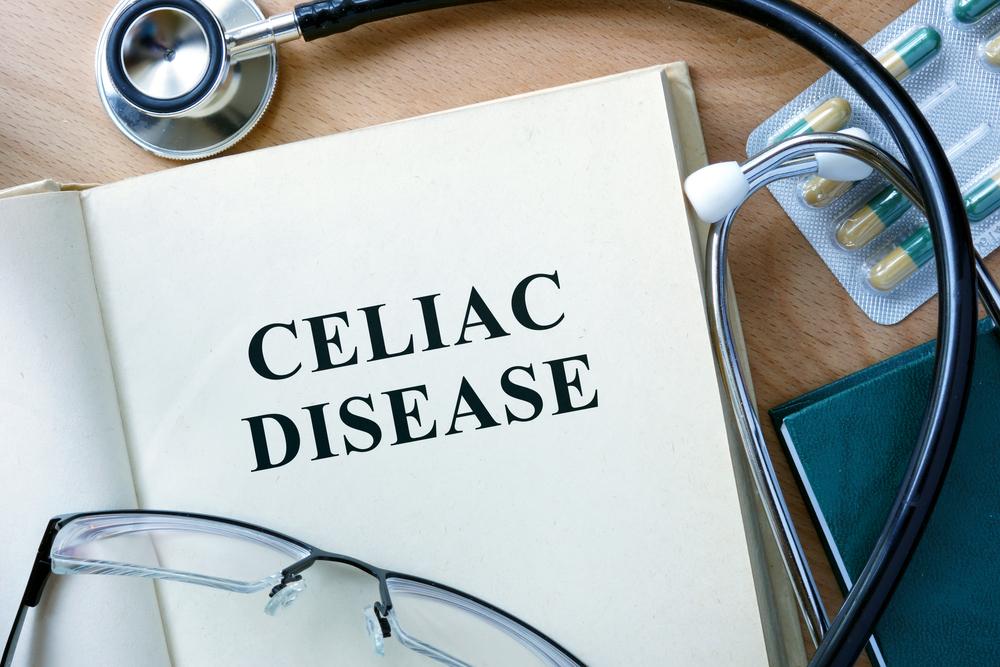Essential Guide to Breast Cancer Detection and Care
This comprehensive guide explains the importance of breast cancer screenings and treatments. It emphasizes early detection through mammograms and MRI, outlines treatment options for various stages, and highlights the significance of regular check-ups. Cost management tips and a reminder to consult healthcare professionals are included to support women in making informed health decisions and early intervention for better outcomes.

Essential Guide to Breast Cancer Detection and Care
While most breast lumps are benign, discovering one warrants prompt medical attention, as it could indicate breast cancer. Symptoms often appear only in advanced stages, making regular screenings vital. Women over 40 or with a family history should prioritize routine checks, though all women are susceptible regardless of age. Annual or biennial screening tests help catch early signs and improve treatment outcomes.
Breast Cancer Screening and Treatment Strategies
Early detection through screening is crucial, enabling effective treatment and better prognosis. Women between 50-75 are advised to undergo screenings every two years, but those above 40 should consult their doctor for personalized recommendations. The primary screening tools are mammograms, which provide detailed breast imaging, and MRIs for high-risk individuals.
Should screening tests suggest the presence of cancer, further diagnostic procedures like biopsies and ultrasounds are performed. Early-stage breast cancer treatment often involves surgery—such as mastectomy or lumpectomy—often combined with radiation and chemotherapy to eliminate remaining cancer cells. In advanced stages, a combination of therapies, including targeted medicine and clinical trials, may be employed.
Managing costs can be challenging, but many insurance plans cover screening and treatment expenses. Consulting your healthcare provider can help tailor a cost-effective approach to care.










